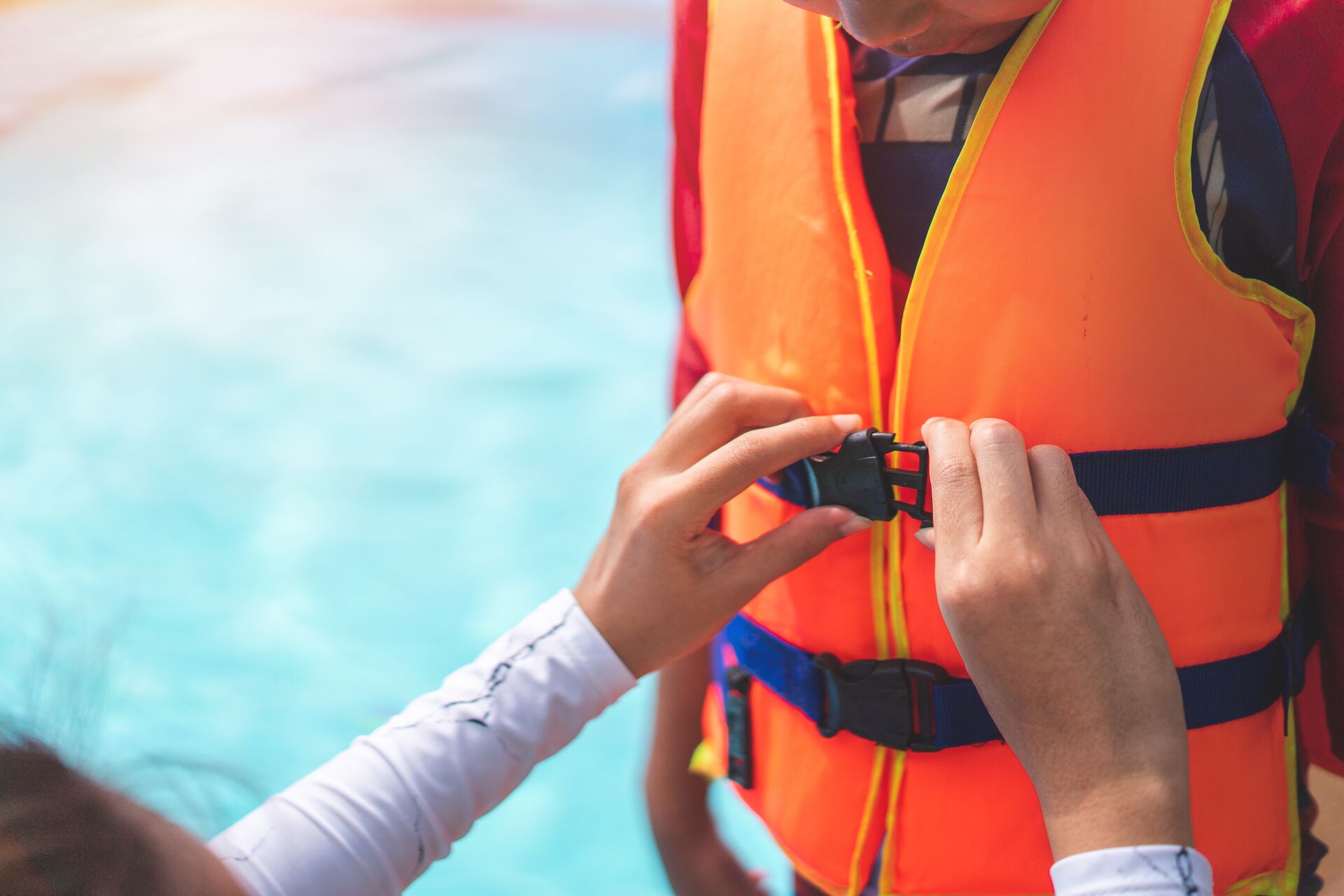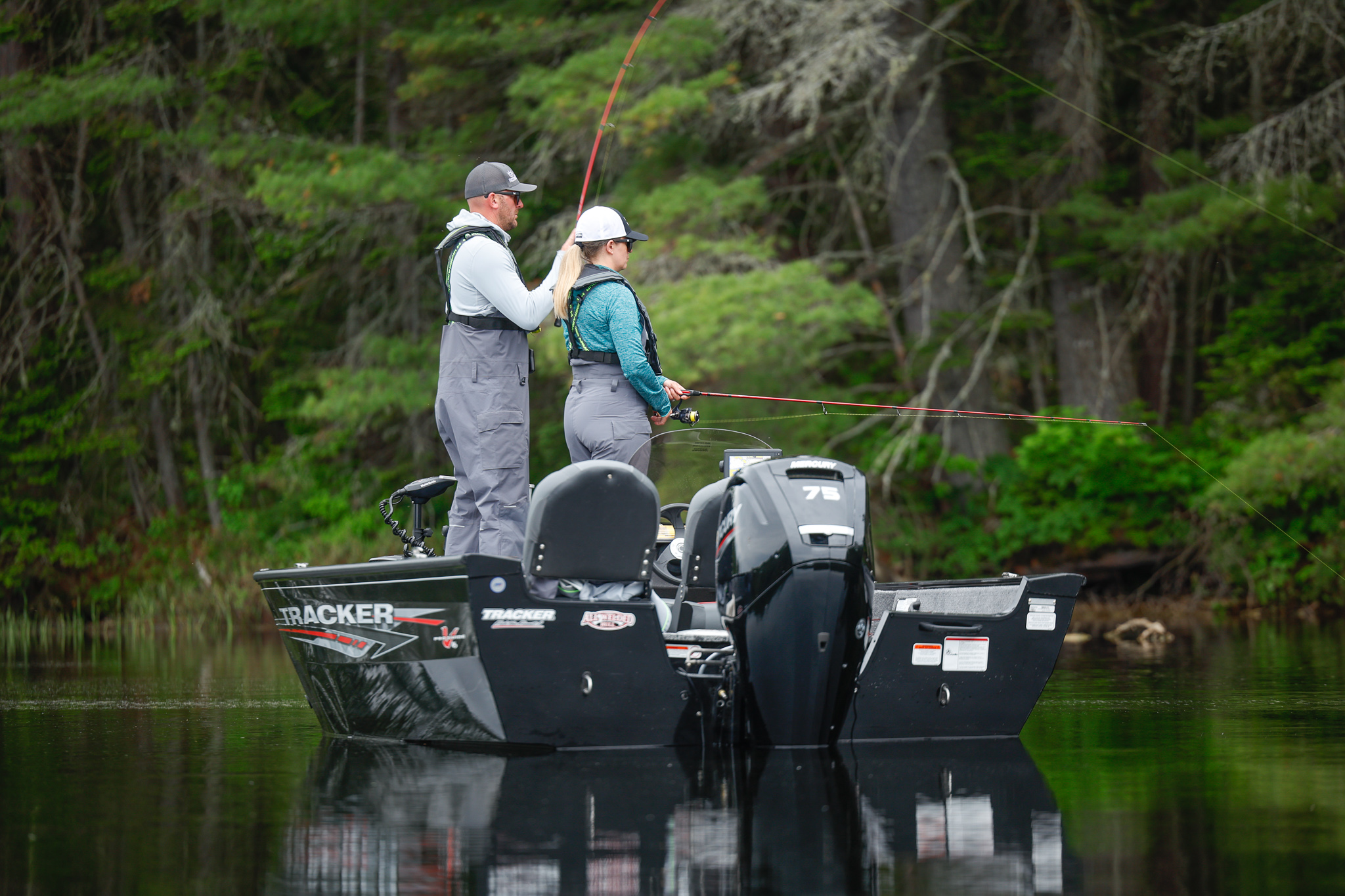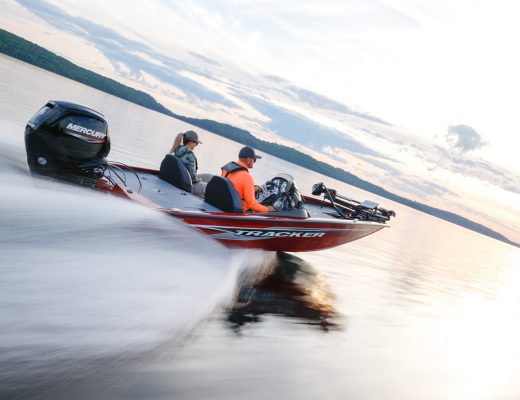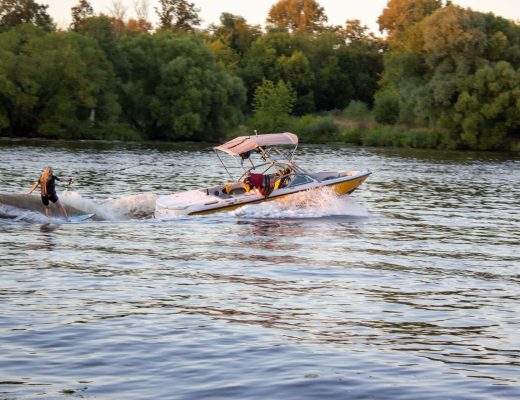When boating in Louisiana, it’s crucial to understand the state’s rules and regulations for being on the water. Whether you enjoy a leisurely cruise on calm waters, time on your boat in your favorite fishing spot, or a fast-paced ride on your personal watercraft (PWC), Louisiana boating regulations apply.
So, what are the rules? Keep reading for an overview of the boating laws for Louisiana.

Who Needs a Boater Education ID Card in Louisiana?
In Louisiana, all boaters born after January 1, 1984, must complete a boating education course and carry proof of completion (i.e., a boater card) to operate a motorboat with greater than ten horsepower.
Young boaters can also operate a boat if accompanied by someone 18 years old or older and who has completed the course. The minimum age for Boater Education Certification in Louisiana is ten years old. Children younger than that age may take the course, but they are not eligible to be certified. They will have to retake the course to get certified when they are older.
If you’re licensed as a captain by the USCG to operate a vessel, you are exempt from this requirement.
Operating Personal Watercraft (PWC)
Anyone born after January 1, 1984, needs to complete a National Association of State Boating Law Administrators (NASBLA) approved boating education course before operating a motorboat or PWC powered by a motor with more than ten horsepower.
However, if you haven’t completed a course, you can operate these boats if accompanied by someone older than 18 who has completed the course and has a boater card with them. Note: this provision does not apply to PWCs.
Louisiana Life Jacket Requirements
All children 16 years and younger must wear a U.S. Coast Guard-approved personal flotation device (PFD) or life jacket while underway on a vessel less than 26 feet long. The PFD must be the proper size and fastened while worn by the child.
Everyone aboard a motorized boat less than 16 feet and propelled by a hand tiller outboard motor must wear a U.S. Coast Guard-approved Type I, II, III, or V life jacket while the boat is underway.
Additionally, you must have an engine cut-off switch (kill switch) attached to you if operating a motorboat less than 26 feet long with a hand tiller outboard motor greater than ten horsepower while the vessel is underway and the motor is running.
Boat Registration Requirements
All boats with motors, including electric trolling motors, operating on the waters of the state must be registered and numbered.
Boat owners can get boat registration applications from the Lousiana Department of Wildlife and Fisheries (LDWF) website, most boat dealerships, and any of the Wildlife and Fisheries District Offices. You can also request one by mail at Wildlife and Fisheries, Boat Registration, P.O. Box 14796, Baton Rouge, LA 70898, or by phone at 225-765-2898.
After completing the application, mail it with a money order or check to the address above. Then, allow six to eight weeks for processing.
After receiving your application and required documentation, the LDWF will issue you a certificate of registration. This will include the number assigned to the boat, an expiration date three years from the date of issuance, and two decals for your boat.
Keep your boat registration certificate on board the vessel at all times. Put it in a waterproof container in a safe place where it can be easily found.
Boat Registration Number and Decal Placement
Where should you put the registration number on your boat? Paint or attach your boat’s assigned number (and no other numbers) on each side of the forward half of the hull.
The numbers and letters must be:
- A plain block design
- A color that contrasts with the hull
- Not less than three inches high (not including borders or shading)
- Clearly visible and legible
- Vertical and plain
- Placed with a hyphen or space equal to the width of a number between the prefix, the numerals, and the suffix. For example, LA-4002-CS OR LA 4002 GS.
Attach decals from the LDWF to each side of the vessel’s bow within six inches of the numbers.
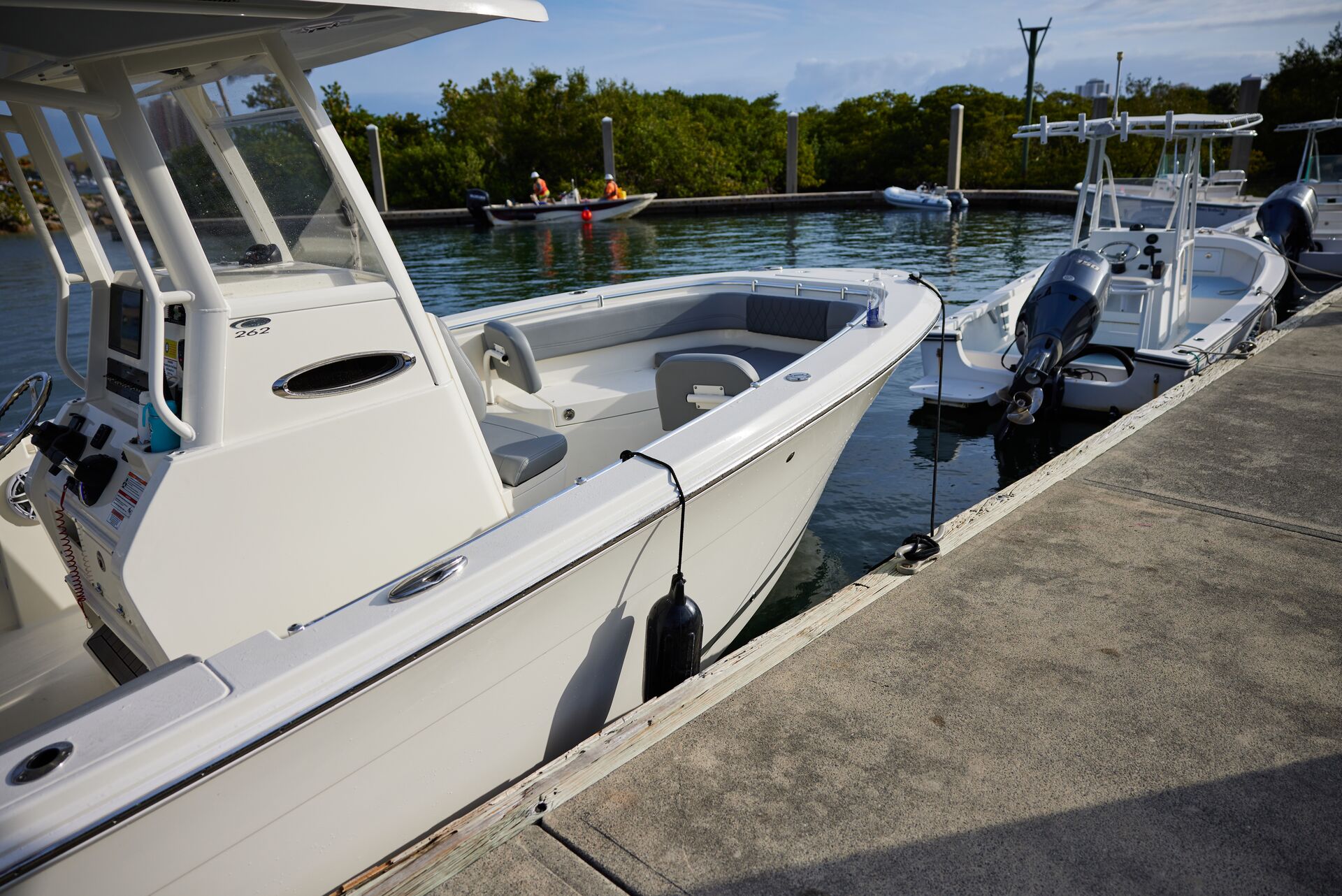
Louisiana Laws for Negligent or Reckless Boat Operation
Boaters have a responsibility to drive safely.
Louisiana does not allow the operation of any watercraft in a careless or heedless manner. Any boat or watercraft operating that is considered “grossly indifferent to the person or property of other persons or at a rate of speed greater” than what would allow the operator to stop the vessel safely before hitting someone or something is guilty of the crime of careless operation.
Operating any watercraft in a way that endangers the life or limb or damages anyone’s property is reckless operation.
The Rules for the “Road” for Boating in Louisiana
So, what are the rules for boating in Louisiana safely? Here’s a summary of the state’s watercraft regulations.
- Keep to your right when passing vessels head-on.
- When overtaking another vessel, you can pass them on either side. However, you must grant the right-of-way to the watercraft you are overtaking.
- When on a path to cross with another vessel, the vessel on the left yields the right-of-way to one on the right.
- Motorized boats must yield to non-motor-powered boats — with a few exceptions. These include being overtaken by non-powered vessels or when a watercraft tows another vessel.
- When passing sailboats, boats with motors must maintain a direct course.
- A vessel approaching a landing dock or pier shall yield the right-of-way to any departing vessel.
- Yield the right-of-way to through traffic when departing the shoreline or a tributary.
- Do not abruptly change course without determining that it can be safely (i.e., avoiding a collision).
- Slow down immediately if you can’t determine the course of an approaching vessel.
- When yielding the right-of-way, reduce speed, stop, reverse, or alter your course to avoid collision. Vessels with right-of-way should hold their speed and course.
- When in fog or low-visibility conditions, deploy warning signals.
- Do not operate your motorized watercraft to traverse a course around a swimmer or any other vessel underway.
- Keep to the right of the mid-channel when in a narrow channel.
- Avoid creating a wake or hazardous wash when approaching or passing other watercraft.
- Seaplanes on the water should keep clear of all vessels and avoid impeding their navigation.
- Always operate watercraft at reasonable speeds for current conditions and situations. Remain in control of your vessel at all times.
- Never operate a vessel in excess of an established wake zone or speed.
- Never block an entrance channel, navigation channel, landing dock, mooring slip, pier, launching ramp, or tributary.
- Allow 100 feet of clearance near a displayed diver’s flag.
- Always maintain a proper lookout.
For the latest regulations and clarifications, visit the LDWF website.
Boating and Alcohol in Louisiana
Louisiana has clear laws around boating and drinking.
Boat operators with a blood alcohol concentration (BAC) of 0.08 percent or more are considered “intoxicated” and will be punished under Louisiana law. Operators under the influence of controlled substances are also punished.
Penalties can include jail time, fines, and a suspended driver’s license.
Louisiana Boat Accident Reporting Requirements
If you’re involved in a boating collision, crash, or other casualty, you must stop immediately at the scene. You must also provide assistance to injured people and attempt to minimize any danger caused by the incident — unless doing so would create more danger to your watercraft, passengers, or crew.
Be sure to give your name, address, and the boat’s identifying number to anyone injured in the incident. You’ll also need to give that information to anyone who has damaged property.
In addition to stopping and providing aid and contact information, in the event of a death or injury to a person, the disappearance of a person, property damage more than five hundred dollars ($500), or the complete loss of a vessel, you must report the accident right away.
Report the incident to LDWF’s Law Enforcement Division, the state police, or the nearest law enforcement agency.
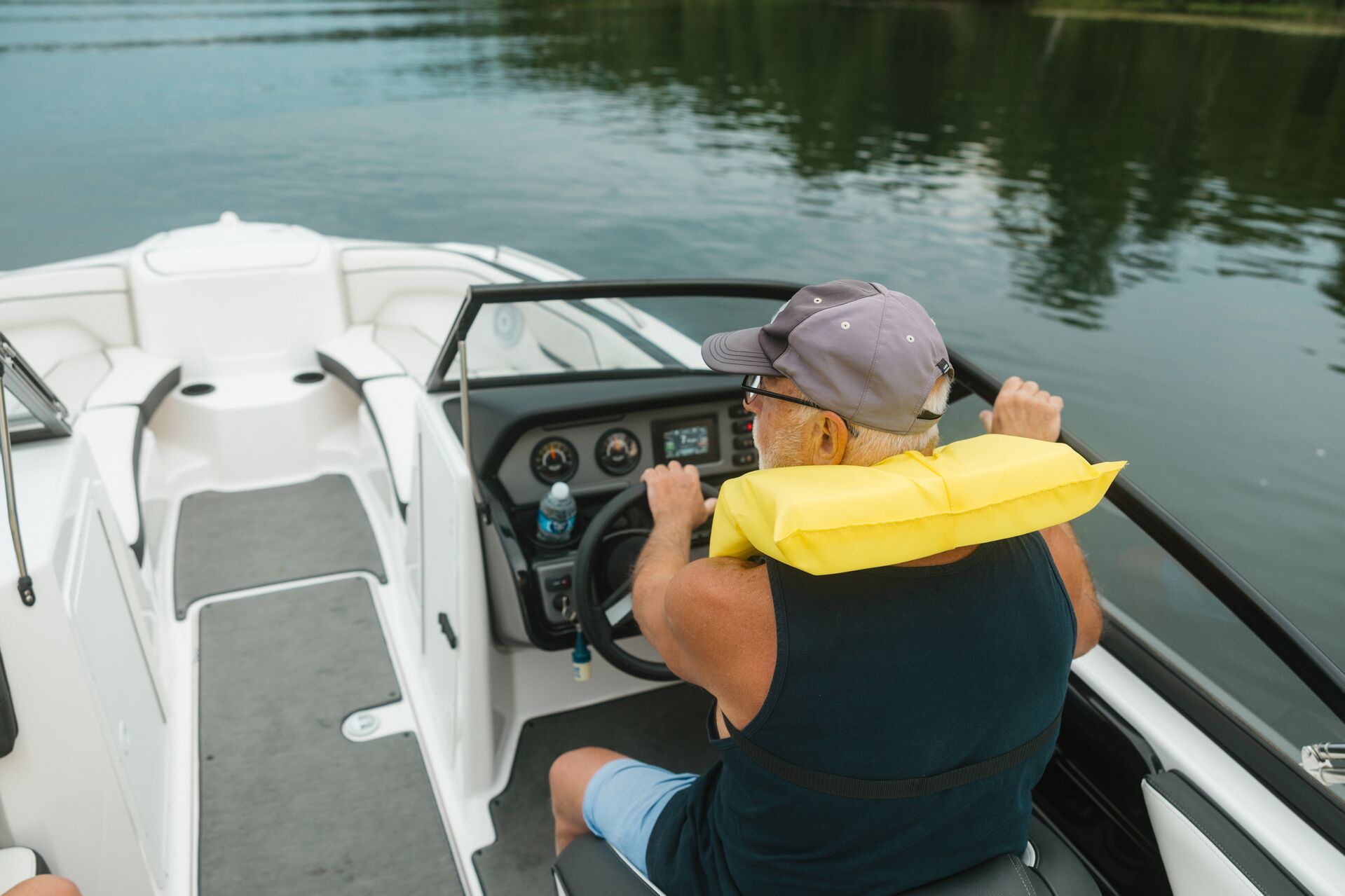
Be Safe and Follow the Rules When Boating in Louisiana
A day of boating in Louisiana is a day well spent! However, it’s crucial to understand and follow the state’s laws every time you hit the water.
Remember: all boaters must pass a boating education course and carry a boating license in Louisiana. It’s the best way to learn safety essentials and have more fun on the water.
First published in May 2018. Content most recently reviewed and updated for accuracy and relevancy October 17, 2024.

